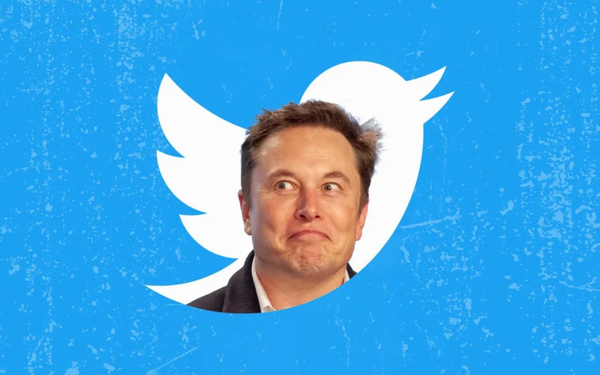Since being entirely private, Twitter has made a number of controversial policy shifts (and rollbacks, and additional shifts, and rollbacks again, and eventually agreeing on the original move). However, although some have made headlines throughout the globe, few have really improved users’ experiences on the social network in any meaningful way. However, that is about to change dramatically when Twitter’s developer conditions are updated to prohibit third-party applications across all platforms.
Twitter, as it often does these days, implemented the change without notifying anybody or documenting it in the 5000-word developer terms and conditions. Some of the most popular Twitter clients had access to the API unexpectedly shut off last week, long before the conditions changed yesterday. According to Engadget, Twitter said it was “enforcing long-standing API regulations,” but it seems to have been a lie; the firm apparently just shut off access before retrospectively amending the rules to prevent access to applications that were not published by the business itself.
Developers are no longer permitted to “produce or try to construct a replacement or comparable service or product to the Twitter Applications,” even if certain smaller platforms and tools will still be able to use the Twitter API. Therefore, the only authorised means of using Twitter’s primary tweeting and browsing features are via the official website and applications. Popular Twitter software Fenix for Android and iOS has stopped updating since January 12th, with no new tweets being shown.
Although Twitter has been around since 2006, most Tweets were still sent through SMS rather than the company’s own mobile app until recently. However, since with the introduction of smartphones, third-party Twitter clients have become an integral element of the service, allowing users to take use of its advanced capabilities regardless of where they may be. TweetDeck, Twitter’s own sophisticated online interface, originally emerged as a separate desktop application. Developers of third-party apps, many of whom have built successful businesses on the back of the social network’s popularity, have not been approached. Twitter’s relationship with app developers has been strained in the past, but the company seems to have come around to their importance in recent years.
To maximise its ability to exert control over its users’ experiences, Twitter seems to be encouraging them to download and utilise only its own programmes and websites (and gain the most advertising revenue). Because Elon Musk, a sensationalist investor, just privatised Twitter, the firm is no longer obligated to disclose its financial statistics to the general public. Ads on the platform have decreased by as much as 40 percent, according to industry experts, because of worries about the network’s reliability and quality.

Subtly charming pop culture geek. Amateur analyst. Freelance tv buff. Coffee lover
